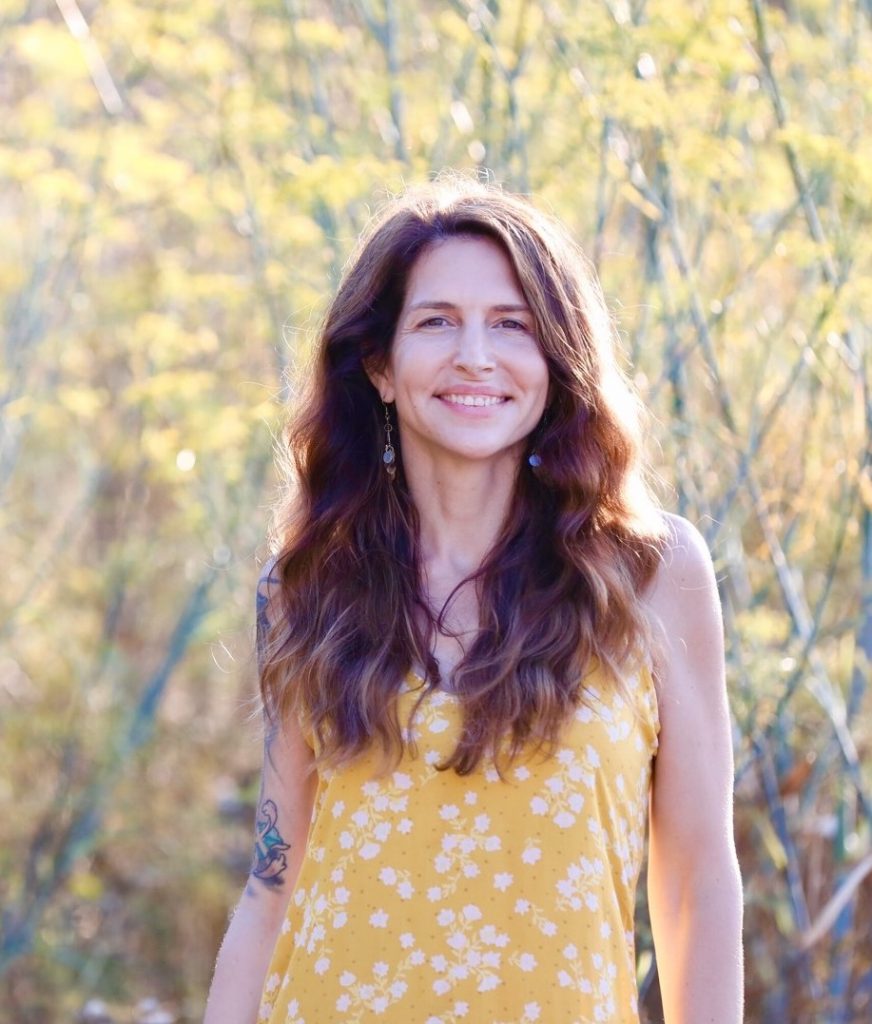There are some things that maintaining our victimhood gives us. People are less likely to challenge us or try to over power us. Often they are willing to give us our way if we have had a hard enough time. We have a tendency to think that we are less responsible for our actions and emotions. And, with all the privilege that we have victims actually have a bit of social capital.
The hardest thing about playing the victim is that the last thing that we want to do is admit that it is what we are doing –how embarrassing! However, spotting it and transforming it could be one of the most amazing transformations of our life.
Let’s be clear here. There are some points in our lives where we may have been victimized and there are people who experience this again and again in their lives. This has serious repercussions and I am most certainly not saying get over it to this.
However, some of us might benefit from moving on and becoming more empowered –using our power directly rather than passive aggressively with others.
How do you know if this is you? Here are some clues that you might be being a victim:
- Do you blame others or circumstances for what you do or don’t do?
- Do you feel righteous in your actions and words regardless of what they are in a disagreement?
- Do you break promises and agreements because they are not comfortable for you to keep or because of “circumstances”?
- Do you explain away your behavior and provided no one hold you to it you let them do the changing?
If you do chances are you are justifying things as being out of your control or somebody else’s fault –and that is the territory of the victim.
Here is what you can do instead:
- When something goes wrong look at your contribution.
- When you have a fight or disagreement look at your contribution.
- Honor your commitments. In the words of Larry Winget \”Do you do what you said you would do, when you said you would do it!\”
- Try to see your missteps and make it a point to set things right.
- Pay more attention to your own action and accountability than to others.

